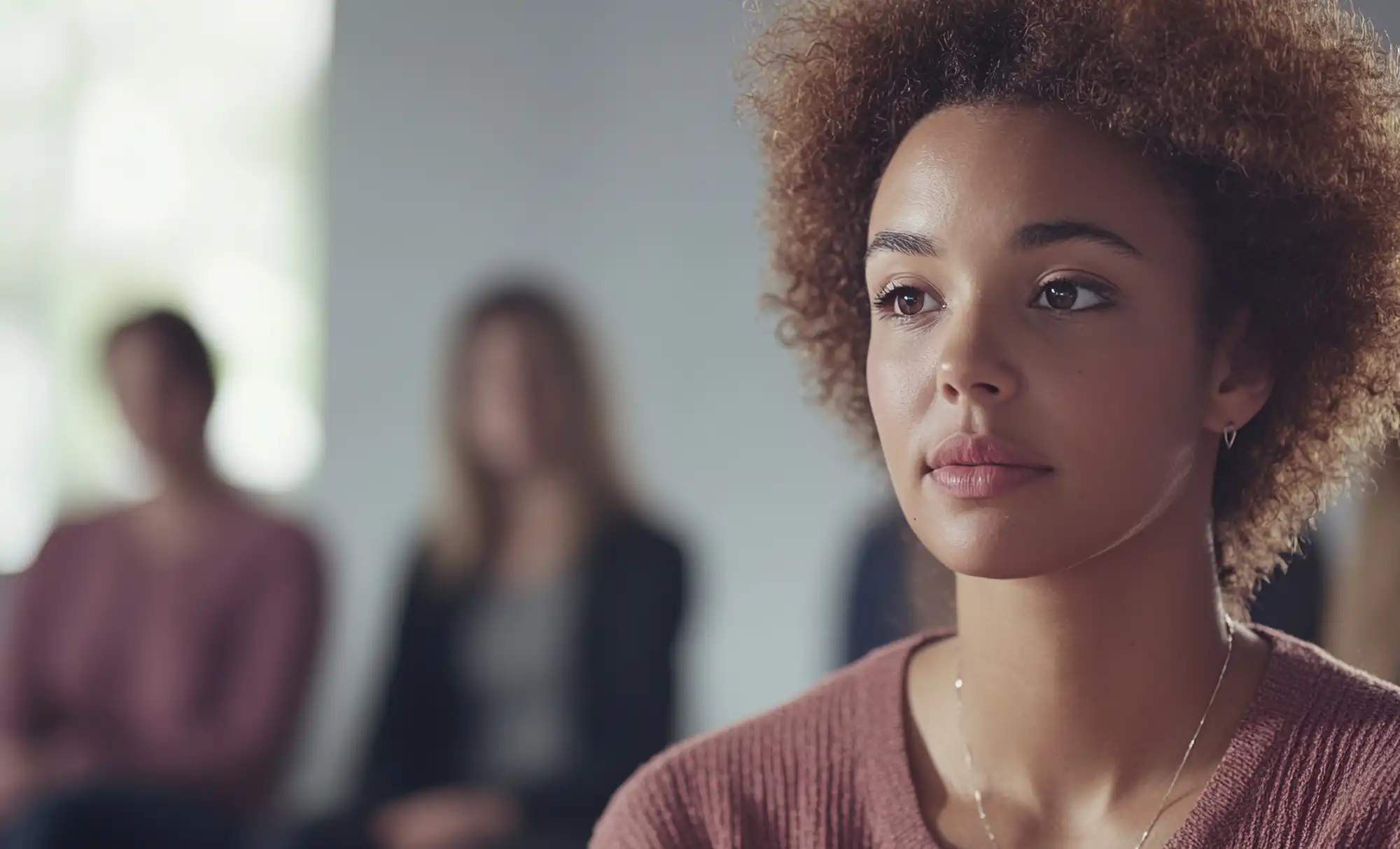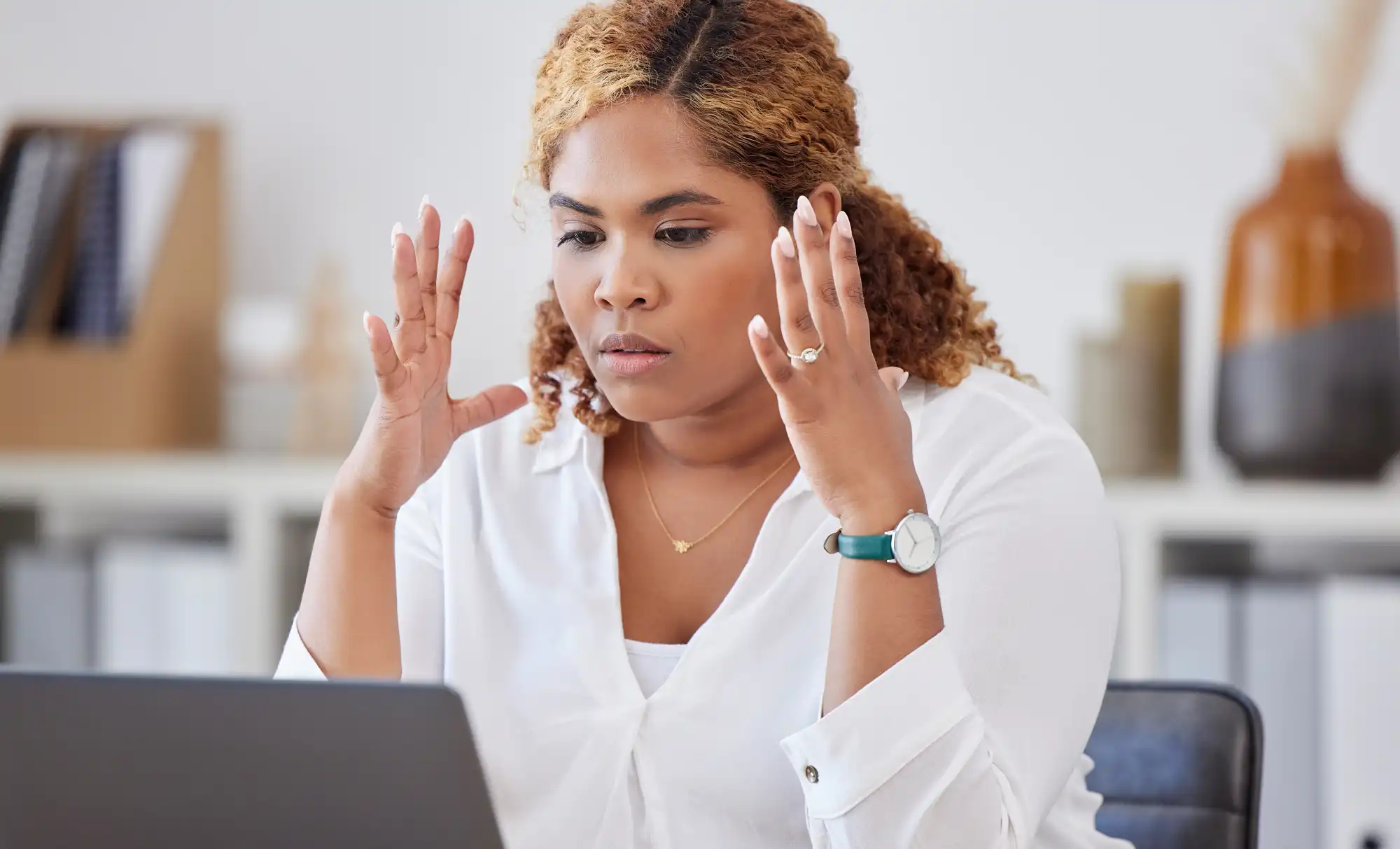What Happens in Couples Counseling?
Couples counseling is a structured therapeutic process where both partners work with a trained counselor to address relationship concerns. The primary goal of therapy is to improve communication, resolve conflicts, enhance emotional connection, and work towards the long-term health of the relationship. The counselor acts as a neutral third party who helps guide conversations and assists couples in developing tools and strategies for better understanding each other.
Here's what you can expect during a typical couples counseling session:
1. Initial Assessment
The first step in therapy usually involves an assessment. During this session, the counselor will ask questions to understand the issues impacting your relationship. This could include questions about your communication patterns, how you handle conflict, the dynamics of your relationship, and any past or present challenges. It’s important to be open and honest during this stage so that the counselor can develop a personalized approach for your sessions.
2. Establishing Goals
Once the counselor has a better understanding of your relationship, you and your partner will work together to identify the goals you want to achieve in therapy. This could range from improving communication skills, managing stress, increasing intimacy, or even addressing more serious issues like infidelity or trust. By setting clear goals, both partners can focus their efforts on making positive changes.
3. Interventions and Tools
Couples therapy involves the use of specific interventions, exercises, and tools designed to help partners better understand each other’s needs and improve how they interact. One of the most well-known and effective methods used in couples counseling is the Gottman Method, but many other counseling modalities may also be incorporated depending on the couple’s needs.
4. Ongoing Reflection and Communication
Through therapy, couples are encouraged to regularly reflect on their behaviors, feelings, and interactions. The counselor will facilitate these discussions and offer feedback, helping couples gain insight into their relationship dynamics. Couples will learn how to communicate more effectively, resolve conflicts constructively, and deepen their emotional connection.
The Gottman Method: A Research-Based Approach
One of the most widely used and effective approaches to couples counseling is the Gottman Method, which is based on over four decades of research conducted by Drs. John and Julie Schwartz Gottman. The Gottman Method is grounded in the idea that relationships thrive when couples have the tools to manage conflict, communicate openly, and support each other emotionally.
The Gottman Method emphasizes several core principles, including:
- Building Love Maps: Developing a deep understanding of each other’s inner world, including dreams, values, and fears.
- Nurturing Fondness and Admiration: Creating a culture of appreciation and affection in the relationship.
- Turning Toward Each Other: Learning how to emotionally support each other, particularly during times of stress.
- Managing Conflict Constructively: Using specific techniques to reduce the escalation of conflict and resolve disagreements without damaging the relationship.
- Creating Shared Meaning: Fostering a sense of shared purpose and vision for the future of the relationship.
The Gottman Method is especially beneficial for couples who experience recurring conflict, those looking to enhance emotional intimacy, or those who feel stuck in negative relationship patterns. By using the Gottman principles, couples can learn how to reframe their interactions, manage their emotions, and develop a deeper understanding of their partner’s needs.
Other Couples Counseling Modalities
In addition to the Gottman Method, there are various other counseling approaches that may be used to address different aspects of a relationship. Here are a few:
- Emotionally Focused Therapy (EFT): EFT helps couples strengthen their emotional bond by identifying and addressing the negative patterns that can lead to emotional distance. The therapist helps partners express their emotions in a way that fosters understanding and intimacy.
- Imago Relationship Therapy (IRT): IRT focuses on the idea that partners unconsciously choose each other to heal unresolved childhood wounds. Through this approach, couples learn to recognize and understand these patterns and how they affect their relationship dynamics.
- Cognitive Behavioral Therapy (CBT) for Couples: This modality helps couples identify negative thought patterns that impact their interactions. By changing these patterns, couples can improve communication and problem-solving skills.
- Solution-Focused Brief Therapy (SFBT): This is a more goal-oriented approach that emphasizes finding solutions to specific relationship issues rather than focusing on past problems. It’s ideal for couples who want to address a particular issue, such as improving communication or resolving conflicts.
At our practice, we have counselors who are experienced with the Gottman Method as well as other therapeutic modalities. This allows us to tailor our approach to meet the unique needs of each couple, ensuring that you receive the most effective treatment possible for your relationship.
Benefits of Couples and Marital Counseling
Couples counseling offers a wide range of benefits that can have a lasting positive impact on your relationship. Here are just a few of the many advantages:
1. Improved Communication
One of the most common issues couples face is communication breakdown. Counseling helps couples develop healthier communication skills, allowing them to express their needs, desires, and concerns in a constructive way. Effective communication helps reduce misunderstandings and conflict, which strengthens the overall relationship.
2. Conflict Resolution
Disagreements are natural in any relationship, but it’s how you handle them that makes the difference. Couples counseling teaches conflict resolution strategies that allow partners to address issues calmly and respectfully, without escalating arguments or hurting each other.
3. Enhanced Emotional Intimacy
Emotional connection is a key component of a healthy relationship. Counseling helps couples develop greater empathy and understanding for each other’s feelings, which enhances intimacy and trust.
4. Stronger Relationship Foundation
Even if you’re not currently experiencing major relationship issues, counseling can help you strengthen your relationship foundation. By learning more about each other’s needs and desires, couples can build a stronger, more resilient partnership.
5. Healing from Past Wounds
For couples who have experienced infidelity, betrayal, or other significant challenges, therapy can provide a safe space for healing. Couples counseling helps partners rebuild trust and work through past hurts, creating a healthier future together.
6. Better Coping Skills
Life can be stressful, and external pressures such as work, family, and finances can strain a relationship. Therapy equips couples with coping strategies to deal with external stressors while maintaining a strong, supportive relationship.
7. Reigniting Romance and Connection
Over time, couples may feel disconnected or experience a decrease in romance. Counseling can help couples rediscover their passion, fostering a renewed sense of closeness and intimacy.
Couples counseling can be a transformative experience for couples who are facing challenges or simply want to improve their relationship. Whether you’re experiencing communication difficulties, struggling with conflict, or looking to deepen your emotional connection, therapy can provide valuable insights and tools for growth. The Gottman Method, alongside other effective counseling modalities, offers a research-backed and comprehensive approach to relationship improvement.
If you're ready to take the first step toward a stronger, healthier relationship, we invite you to reach out to us today to learn more about couples counseling and how we can help you and your partner thrive.
No matter what's weighing on you, we have someone who understands.
%408x.png)

.svg)





